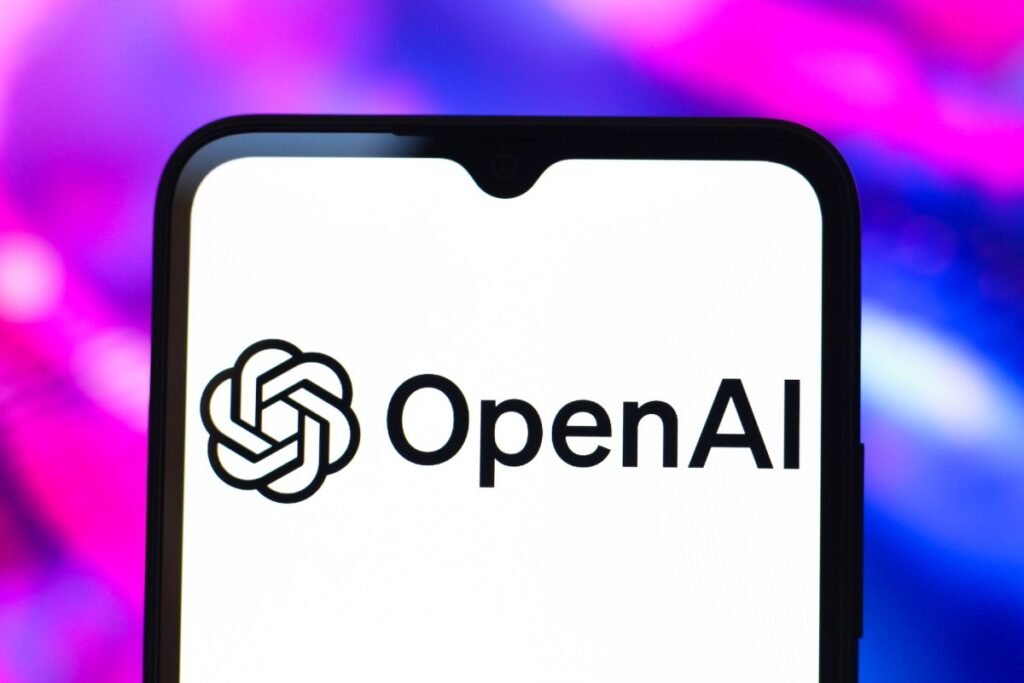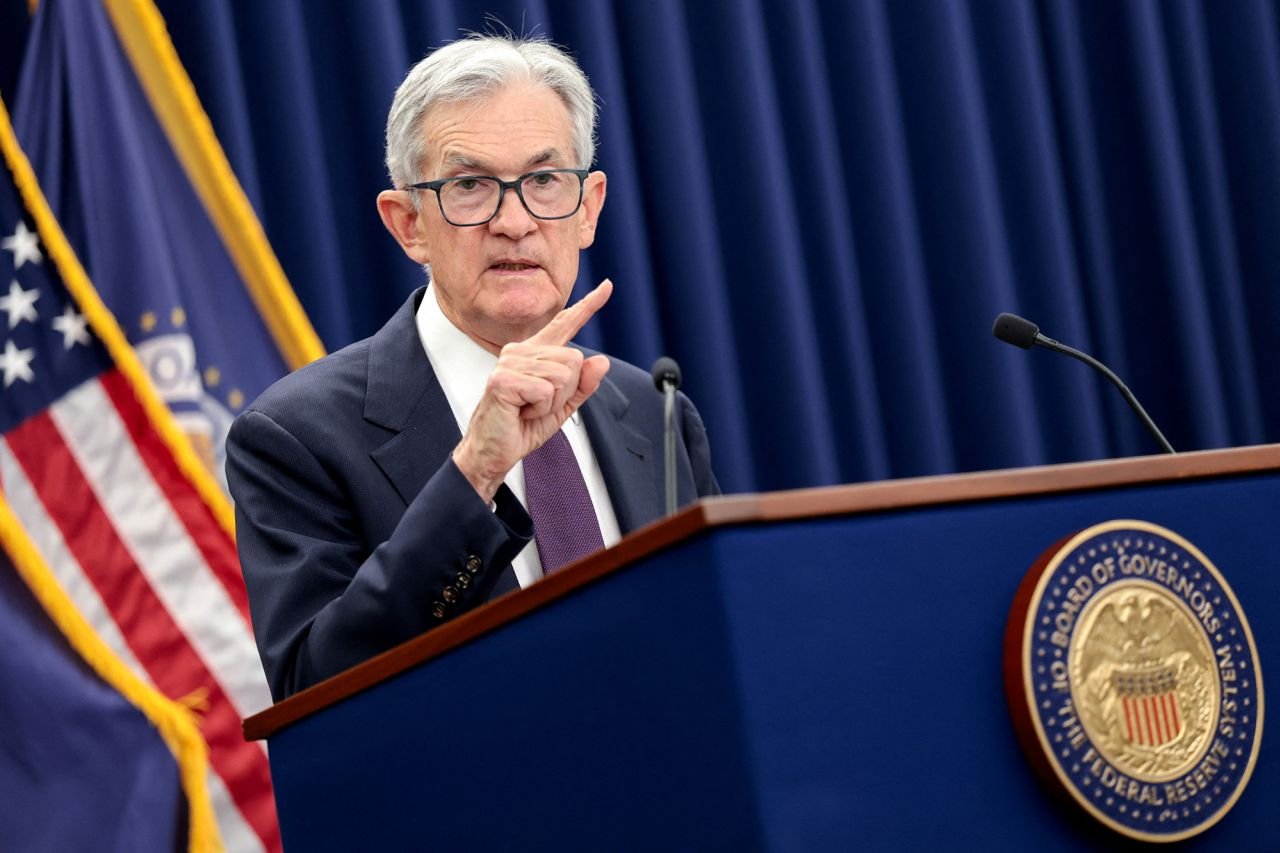OpenAI Becomes World’s Most Valuable Private Company
Recent Stock Sale Highlights Unique Funding Approach
Future Plans and Strategic Investments
OpenAI has emerged as the world’s most valuable private company, following a recent stock sale that raised an impressive $6.6 billion from both current and former employees. This transaction has propelled the company’s total valuation to a staggering $500 billion, eclipsing previous records for privately held firms. The sale attracted notable investors, including SoftBank, Dragoneer Investment Group, Thrive Capital, MGX, and T. Rowe Price, each contributing to this landmark event in the technology sector.
This stock sale was distinct in that it did not follow the conventional route of a funding round. Instead, it effectively provided liquidity to individual shareholders, rather than adding capital directly to the company itself. This approach has sparked interest among analysts and market observers as a potential strategy to enhance employee retention amid intensifying competition in the tech industry. Meta, for example, has recently begun attracting several engineers away from OpenAI by offering lucrative compensation packages, creating an environment where retaining talent is of paramount importance.
Prior to this recent stock sale, OpenAI conducted its last significant funding round in August, during which it raised $40 billion at a valuation of $300 billion. The investors in that funding round paralleled those in the current sale, with major players such as SoftBank, Thrive Capital, T. Rowe Price, and Dragoneer Investment Group involved, alongside private equity firms and other prominent venture capitalists. This continuity among investors highlights sustained confidence in OpenAI’s growth potential and innovative prospects.
The funds raised from this recent stock sale further emphasize OpenAI’s capacity to generate substantial capital, which is vital as the company pursues its ambitious infrastructure development goals. OpenAI has announced plans to invest a staggering $300 billion in Oracle Cloud Services over the next five years, a bold commitment that dwarfs its current revenue levels. In a noteworthy partnership, Nvidia has also pledged a $100 billion investment into OpenAI, signaling a strategic alliance that may enhance both companies’ capabilities in the competitive AI landscape.



